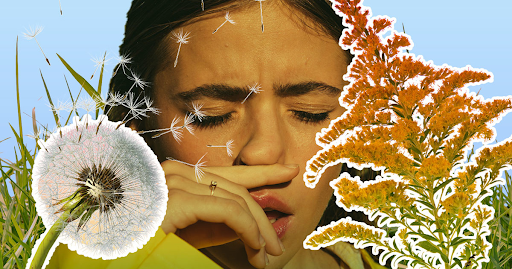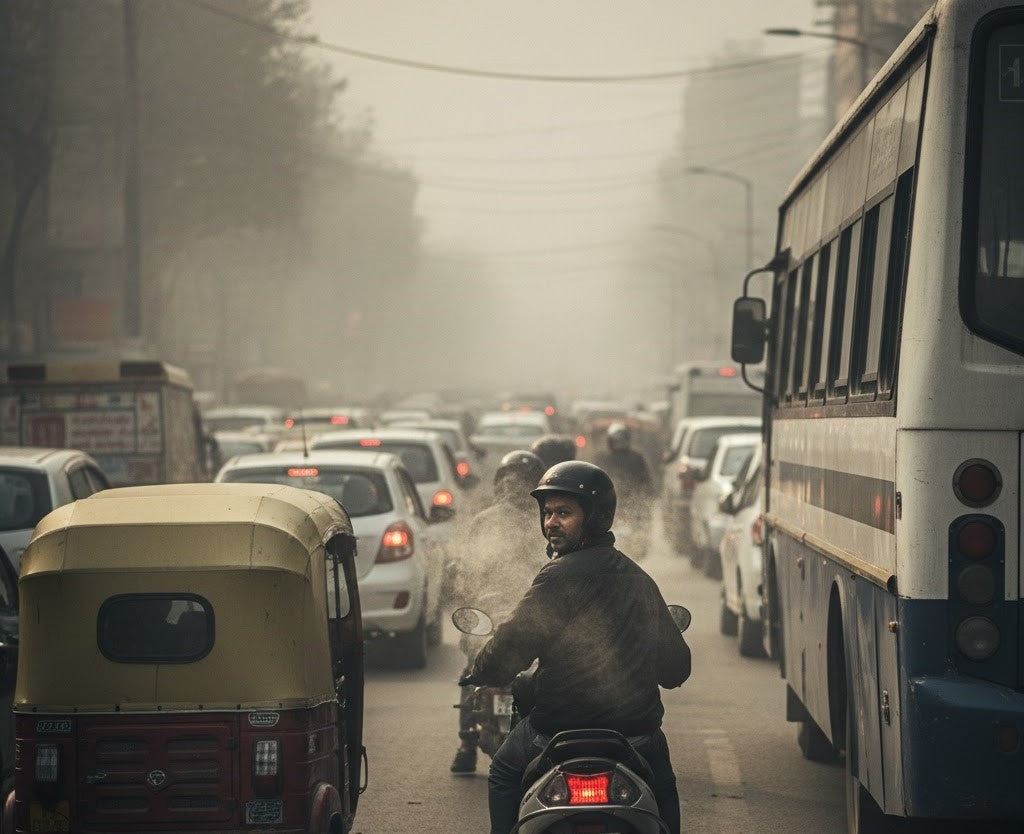Pollen allergies, also known as seasonal allergic rhinitis or hay fever, affect millions of people worldwide, causing sneezing, itchy eyes, congestion, and breathing difficulties. In India, cities like Bangalore, Delhi, and Mumbai experience some of the highest pollen concentrations, making allergy symptoms a year-round struggle for many residents.
Pollen grains—microscopic particles released by trees, grasses, and weeds—become airborne and trigger immune system responses in sensitive individuals. The allergy season varies by region and plant type:
-
Tree pollen dominates in spring (March-May)
-
Grass pollen peaks in summer (June-August)
-
Weed pollen surges in autumn (September-November)
-
Winter (December-February) sees fewer pollen allergens but an increase in dust and indoor irritants
With rising pollution levels and climate change, pollen exposure is worsening in urban areas, making it crucial to understand triggers, seasonal patterns, and effective relief methods to manage symptoms and breathe easier.
Why Do Pollen Allergies Occur?
Pollen grains from trees, grasses, and weeds contain proteins that, when inhaled, cause the immune system to overreact. This leads to the release of histamines, triggering symptoms such as:
-
Runny or stuffy nose
-
Watery, itchy eyes
-
Sneezing and congestion
-
Sinus pressure and headaches
-
Fatigue and difficulty breathing
-
Asthma flare-ups in sensitive individuals
Common Pollen Allergy Triggers in India
India’s diverse plant ecosystem makes pollen allergies a year-round issue. Some of the most common pollen allergens include:
-
Tree Pollen: Peaks in spring & early summer from trees like Acacia, Casuarina, and Prosopis.
-
Grass Pollen: High during late summer from Bermuda grass, Parthenium, and Ryegrass.
-
Weed Pollen: Plants like Ragweed, Amaranthus, and Sagebrush release allergy-triggering pollen in the fall.
-
Crop Pollen: Regions with wheat, mustard, and rice farming have high pollen exposure.
-
Urban Pollution & Pollen Mix: In cities like Delhi and Mumbai, air pollution exacerbates pollen allergies, making symptoms more severe.
Ways to Manage Pollen Allergies
Minimizing pollen exposure and improving air quality can help control seasonal allergy symptoms. Here’s how:
-
Check daily pollen forecasts and limit outdoor activities during peak pollen times.
-
Shower & change clothes after outdoor exposure to remove pollen from skin & hair.
-
Keep windows closed during high pollen seasons to prevent allergens from entering indoor spaces.
-
Wear sunglasses & masks outdoors to reduce pollen contact with eyes and nasal passages.
-
Wash bedding and clothes frequently to remove pollen buildup indoors.
-
Drink warm fluids to soothe sinus inflammation and clear nasal passages.
Breathe Easier with Pollen-Free Air
Pollen allergies can make daily life uncomfortable, but proactive steps can help significantly reduce symptoms. Understanding triggers, seasonal changes, and protective measures can help allergy sufferers manage their condition effectively and breathe cleaner, healthier air year-round.
✅ Take control of your allergies and breathe easier every season with atovio!






Share:
How Smoking Takes a Toll on Your Heart and Lungs
People Accept Pollution as Part of Life. Do You?